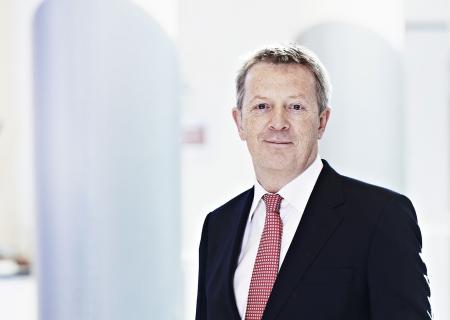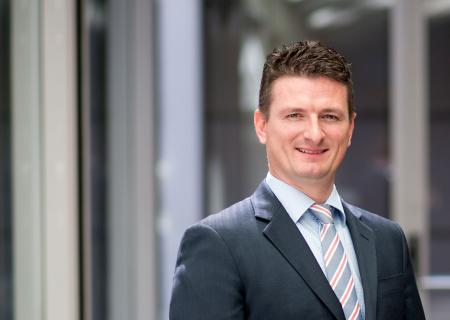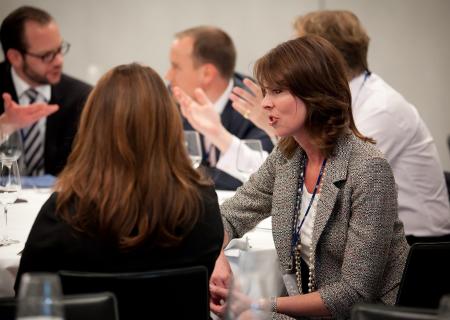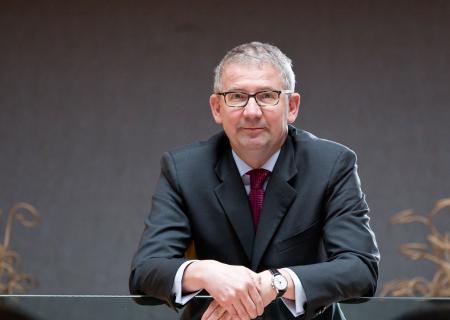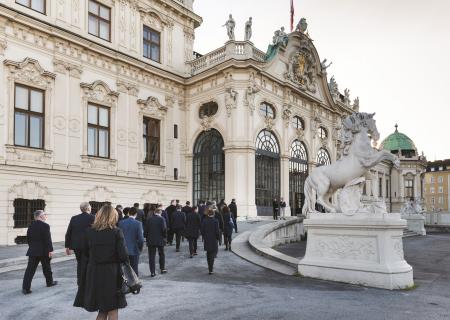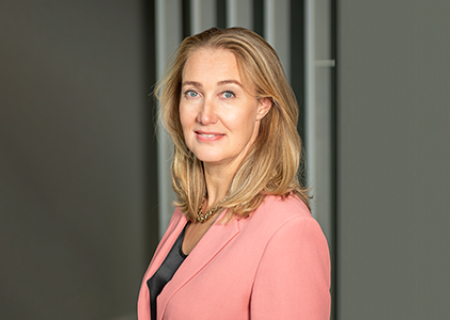Looking ahead in Lisbon: Young Professionals Seminar 2014
Bright outlook on future of the industry
The sun was shining in Lisbon as delegates for the Young Professionals’ Seminar arrived with an equally bright outlook on the future of the non-listed real estate industry.
The seventh annual Young Professionals’ Seminar brought together 130 young professionals to answer the question “Is now the right time to move up the risk curve?”
The seminar was moderated by Xavier Jongen of Bouwfonds, and Jose Luis Pellicer of Rockspring who kept delegates thinking on their toes with thoughtful commentary and challenging the audience with roaming microphones. Addressing them as the next generation to take over the industry, they stressed the values of team spirit, passion and authenticity.
How people react to market blows defines their ultimate success
This year’s keynote address was delivered by Tim Harford, the Undercover Economist, who offered his macroeconomic views while at the same time warning that forecasters have a terrible track record on being correct. He emphasised that instead, it is how people react to market blows that defines ultimate success. To illustrate his point, he compared the reactions of two great economists to the economic crash of 1929: John Maynard Keynes, who accepted his predictions were wrong, adapted to changing market circumstances, and went on to become a world famous economist; and Irving Fischer, who clung on to strategies that gave him initial success, and then lost everything when the market changed.
Zooming in on Europe, Sabina Kalyan of CBRE Global Investors provided an array of insights into the most attractive real estate markets from a risk-return perspective. While Spain seemed to be the most obvious market for investors looking for value added and opportunistic strategies, Kalyan presented arguments on the hidden value of investing in France and the Netherlands.
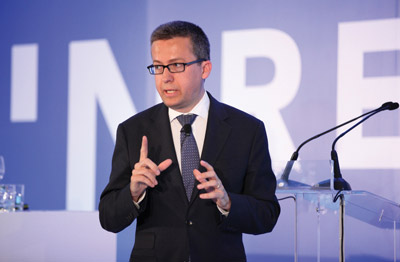
Focusing on our host nation, Carlos Moedas, Secretary of State to the Prime Minister of Portugal, took the audience on an economic, financial and political tour of the country. He explained how, following the financial crisis, Portugal was in a difficult position with a high deficit, an imbalance between exports and imports and stagnant growth.
To turn over the economic leaf, a series of reforms were introduced, which contributed to a growth in exports of 24% between 2008 and 2013. Just a month before the event in Lisbon, Portugal officially ended its bailout programme with international creditors in a ‘clean exit’, and has now set its sights on attracting international investment.
A panel discussion on risk in Portugal followed Moedas’ presentation, where panelists debated some of the remaining barriers of real estate investment in the country. Even with reforms to the judicial system, panelists still considered investing a lengthy process, and there was uncertainty regarding the long term tax policy of the country. Despite these concerns, panelists agreed that Portugal offered many opportunities for those who know how to pick their assets wisely.
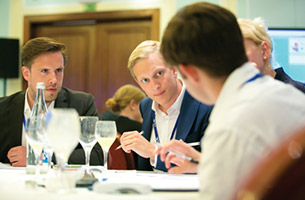
Next, a workshop on how to negotiate for success was presented by Chris Cherrington of Kintail Consulting, to provide delegates with some practical skills that they can hone throughout their careers. Cherrington walked delegates through the principles and process of negotiation, and presented a case study to apply what they had learnt. Teams were split into “fund managers” and “investors” to put together their strategy and negotiations proceeded.
The evening programme explored Lisbon’s waterfront, old and new. Delegates were treated to a private tour through the Jerónimos Monastery, a UNESCO World Heritage site and one of the most prominent examples of the Portuguese Manueline architectural style before heading to dinner.
The next morning wrapped up the negotiation workshop, followed by a keynote interview with entrepreneur Mikkel Bülow-Lehnsby of Nordic Real Estate Partners. Bülow- Lehnsby recounted the story of how he transitioned from student to entrepreneur, to CEO and beyond. Throughout his career, his goal has always been to build something that is lasting and sustainable, and he motivates his young staff to: (1) strive to be the best you can, (2) have autonomy and trust in your abilities, and (3) understand purpose and understanding of the company’s direction.
Then, the time had finally arrived to settle the day’s big question: is it the right time to move up the risk curve? In the Great Debate, Giles Wintle of Grosvenor Continental Europe made a strong argument in favour of moving up the risk curve, but it was Matthew Ryall of Allianz who finally swayed two thirds of the audience against in this colourful and lively debate.
The penultimate session of the seminar explored the cause of the next crisis, where Thierry Mallerat of the Monthly Barometer outlined three factors for the future: the role of innovation on our social fabric, the fact that the next crisis will come from Asia, and that Europe will emerge much stronger. The impact of these factors on real estate will be that the value of land will rise much higher compared to other assets, and this should be the focus of future real estate investments.
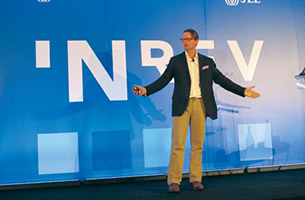
The seminar wrapped up with an entertaining and controversial session by Kevin Dutton, Author of The Wisdom of Psychopaths. Dutton presented the brain of a psychopath: fearless, confident, charismatic, ruthless and focused – qualities tailor-made for success in the business world of the twenty-first century.
To everyone’s relief, most of the audience scored low to average on his psychopath quiz – good news for the future of the industry?


